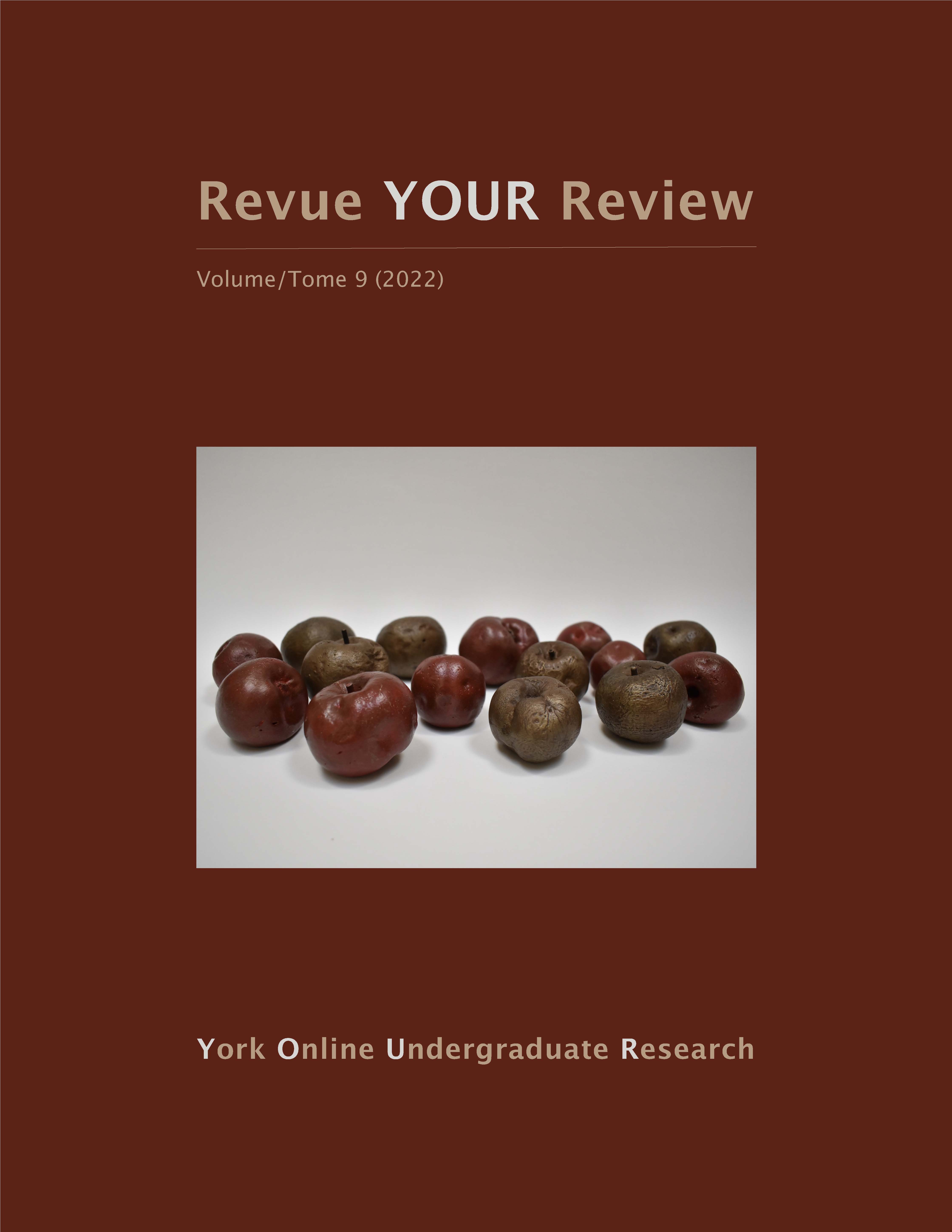Mindfulness Meditation and Obesity
Abstract
Obesity is an ever-growing epidemic that contributes immensely to the world health burden. Although existing weight loss programs that use techniques such as physical activity and diet have shown significant short-term results, many participants gain back unwanted weight within three to five years. Mindfulness meditation (MM) that teaches individuals how to cultivate higher levels of mindfulness through systematic training has shown promise in areas of increased awareness and control of eating behaviours. This paper aims to explore current literature on mindfulness in relation to obesity and overweight by drawing from the results, strengths and weaknesses and overall implications of the included studies to answer the question: What effect does MM have on weight loss interventions and behaviours of overweight and obese adults in North America? A review of four studies investigating MM and obesity intervention programs was conducted with a focus on psychological health, weight loss management and eating behaviours. Results suggest that MM has positive effects on weight loss interventions and behaviours in overweight and obese adults in North America. These include improvements in mental, physical, emotional, and psychological health. In these studies, mindfulness and weight present an inverse relationship and results show promise in the implementation of MM in obesity intervention programs. Future research suggestions include an analysis of the extent to which mindfulness impacts stress and individual behaviours that lead to weight loss, as well as deciphering how mindfulness delivery methods impact outcomes such as the effects that mindfulness instructors have on participant success.
Downloads
Published
How to Cite
Issue
Section
License

This work is licensed under a Creative Commons Attribution-NoDerivatives 4.0 International License.
Authors contributing to Revue YOUR Review agree to release their articles under one of three Creative Commons licenses: Creative Commons Attribution 4.0 International; Creative Commons Attribution-NonCommercial 4.0 International; or Creative Commons Attribution-NoDerivatives 4.0 International. All editorial content, posters, and abstracts on this site are licensed under Creative Commons Attribution-NoDerivatives 4.0 International. For further information about each license, see:
https://creativecommons.org/licenses/
In all cases, authors retain copyright of their work and grant the e-journal right of first publication. Authors are able to enter into other contractual arrangements for the non-exclusive distribution of the e-journal's published version of the article (e.g., post it to an institutional repository or publish it in a book or in another journal), with an acknowledgement of its initial publication in this e-journal.


